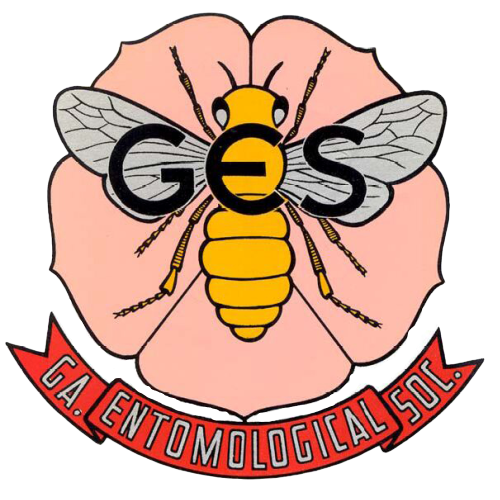Effects of Several Newer Insecticides and Kaolin on Oviposition and Adult Mortality in Western Cherry Fruit Fly (Diptera: Tephritidae)
Effects of newer insecticides and kaolin-based particle film (Surround® WP Crop Protectant) on oviposition and mortality in the western cherry fruit fly, Rhagoletis indifferens Curran, were determined. In a no-choice experiment, azinphos-methyl sprayed on cherries reduced oviposition by 98.5% compared with the control, whereas spinosad bait, imidacloprid, and thiamethoxam reduced it by 74.4% to 91.8% and indoxacarb reduced it by 61.7%. Despite reducing oviposition to similar levels, imidacloprid did not cause as much mortality as spinosad bait, spinosad, or thiamethoxam. Imidacloprid reduced oviposition more than indoxacarb, even though the two caused similar mortality. In a choice experiment, there were no differences in oviposition in untreated and insecticide-treated cherries, except fewer eggs were laid in spinosad-bait treated than untreated cherries. In a no-choice experiment using kaolin, flies laid up to 36 times more eggs in control than treated cherries. In a choice experiment, flies laid 10 times more eggs in untreated than kaolin-treated cherries. Results show oviposition by R. indifferens can be reduced to similar levels by materials with significantly different toxicities, and that none except spinosad bait is an oviposition deterrent. The high levels of oviposition reduction indicate these insecticides (except indoxacarb) can protect fruit from mature flies, but more work is needed to modify or improve them so that they can reduce oviposition as much as azinphosmethyl. In residential trees where none of these insecticides is desirable, kaolin may be useful in reducing oviposition and preventing buildup of R. indifferens populations.
Contributor Notes
